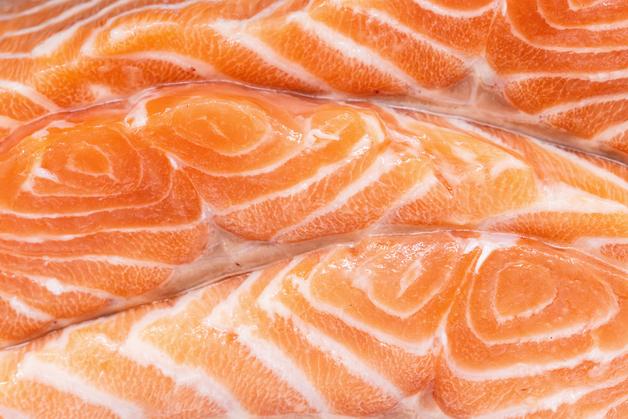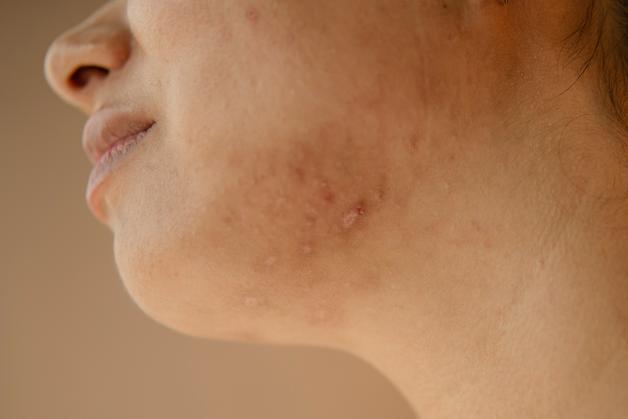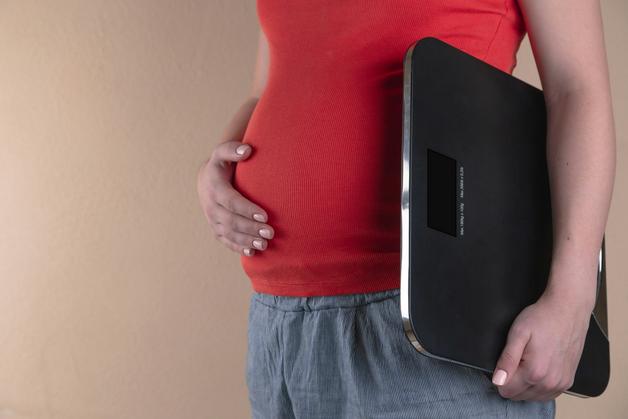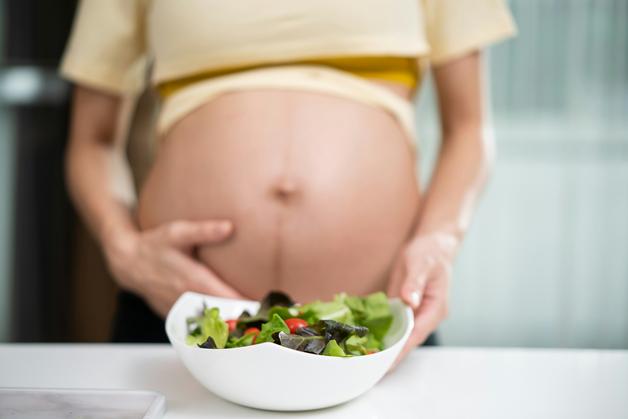The mere mention of smoked salmon pregnancy might set off a whirl of questions in many parents’ minds. Picture this: an unexpected urge to indulge in silky, smoky slices, followed by the anxiety of making a choice that could affect your unborn child. Should you surrender to the craving or stay cautious? The dilemma feels endless. Concerns about bacteria, heavy metals, and sodium dance in the background, while advice from friends, doctors, and the internet seem to contradict each other at every turn. Each step in the supermarket aisle, every invitation to brunch with smoked salmon on the menu—there’s a tug-of-war between taste and safety. But what should actually guide you in the maze of smoked salmon pregnancy decisions? Exploring medical explanations, risks, and safer alternatives, as well as those vital nutrition facts, becomes essential.
Let’s break down the science, dispel persistent myths, and gently guide you to confident, informed food choices, without missing out on taste or peace of mind. Expect detailed explanations, practical advice, and a rhythm that alternates between calm reassurance and bursts of focused information—all to help take the stress out of the smoked salmon pregnancy journey.
Smoked Salmon Pregnancy: The Safety Spectrum From Raw To Cooked
You might be standing in front of the seafood counter, overwhelmed—so many types of smoked salmon, but what truly matters? The answer lies in the processing: some forms are safe, others best left untouched during these sensitive months.
- Raw salmon, as found in sushi or sashimi? A straight no for pregnancy. Not only does it increase risk of exposure to Listeria monocytogenes (a bacterium with a knack for thriving in cool, moist environments) but also exposes you to parasites like Anisakis, notorious for causing stomach issues. Rapid freezing can neutralize parasites but not necessarily listeria.
- Cold-smoked salmon, lauded for its subtle smokiness but smoked at low temperatures (below 30°C/86°F), doesn’t eliminate bacterial threats. Despite industrial hygiene, listeria survives the chill, making this type off-limits for expecting mothers.
- Hot-smoked salmon, on the other hand, undergoes higher temperature treatment (above 60°C/140°F), substantially lowering the pathogen load. The firm texture? A byproduct of cooking, not just smoking.
- Canned or pasteurized salmon—these undergo rigorous heat processing, rendering them safe for consumption, even straight from the tin.
A simple takeaway hovers here: smoked salmon pregnancy safety pivots on heat. Any product untouched by heat above 60°C/140°F carries risk. Those that meet this threshold—steaming, baking, grilling, or canning—offer the familiar flavors without unwelcome biological surprises. Adhering to temperature and storage rules (consume within two days of opening, refrigerate below 4°C/39°F) adds another reassurance layer.
Essential Nutrition Boosts: Why Smoked Salmon Appeals So Much—And What To Watch
A single glance at the nutrition profile of salmon explains the cravings during pregnancy. Rich omega-3 fatty acids like DHA and EPA—directly supporting fetal brain and retina development—steal the limelight, yet smoked salmon brings more to the plate:
- High-quality protein for the scaffolding of tiny bones, skin, and organs.
- Vitamin D, so often deficient, vital for calcium absorption and bone strength.
- A boost of B vitamins (namely B12), phosphorus, selenium (antioxidant roles), and potassium (regulates fluid balance).
But the story isn’t all rosy. There’s a need for restraint:
- Heavy metals—mercury, cadmium—though present in lower amounts than bigger, predatory fish, can build up with frequent consumption. Experts set the cap at two portions per week.
- Sodium—smoked and processed fish often hide more salt than you’d think, contributing to hypertension or swelling.
So, how can the benefits outshine the risks in smoked salmon pregnancy?
- Opt for well-cooked, hot-smoked, or pasteurized products, prioritizing those with transparent origin labeling and no suspicious preservatives.
- Consider canned variants like sardines or mackerel—rich in omega-3s but reliably safe.
- Don’t overlook plant-based omega-3 alternatives—flaxseed, chia, walnuts—complemented, if needed, by medically-approved DHA supplements. Always a healthcare provider to check suitability and dose.
Remember, the beauty of omega-3s is their versatility—they’re not exclusive to salmon.
Risks That Demand Attention: Listeria, Parasites, Sodium, Heavy Metals
Why does listeria, especially in the context of smoked salmon pregnancy, generate such alarm? This bacterium, while rare, can cross the placenta, risking miscarriage, preterm birth, or significant newborn complications. Its stealth—living in cold and thriving on ready-to-eat foods—explains the strict avoidance of raw or cold-smoked options.
Anisakis, though less commonly discussed, warrants vigilance; these microscopic parasites can nest in salmon muscle, only neutralized by freezing for a defined period or adequate cooking.
Excess sodium is another stowaway—beyond the obvious dehydration or water retention, it may stress pregnancy-induced shifts in blood pressure. And let’s not sidestep the concern for toxic metals—cumulative exposure, even if lower in salmon compared to tuna, puts a cap on weekly fish servings.
Signs to watch post-exposure? Unexplained fever, persistent abdominal cramps, digestive troubles. In smoked salmon pregnancy, any of these after suspect food intake? Immediate dialogue with the doctor is wise. Early screening—blood tests, bacterial cultures, symptom monitoring—yields better outcomes.
Balancing Enjoyment With Safety: Advice From Medical Experts
International guidelines echo a clear message on smoked salmon pregnancy: raw and cold-smoked varieties belong off the table unless surgically frozen to eradicate parasites—but this doesn’t banish listeria. Confidence comes through:
- Preferring hot-smoked, grilled, steamed or well-cooked salmon.
- Respecting storage timelines—consume within two days from opening, keep refrigerated, never leave at room temperature.
- Tracking batch origins, short supply chains, and trustworthy branding.
- Inviting your healthcare provider’s advice for specific, individualized plans (gestational diabetes, hypertension, allergy risk).
Safe consumption is not about deprivation—more about shifting preparation methods and reading labels scrupulously. A little background work ensures the peace of mind every parent seeks.
Enjoying Salmon Without Worry: Practical Tips And Creative Ideas
Still yearning for that smoky note in your snack or salad? A simple twist—use hot-smoked salmon or bake your favorite cold-smoked dish till it steams. Culinary flexibility can bring back beloved flavors without skimping on safety:
- Bake quiches or savory pies generously loaded with hot-smoked salmon.
- Fold pieces into creamy gratins, ensuring thorough heat throughout.
- Add flaked, well-cooked salmon to wholegrain bread for a nourishing, omega-rich tartine.
- Mix with steamed vegetables and grains—fiber-rich combinations blunt sodium surges.
Hygiene at home matters, too: separate raw fish utensils, rigorous washing routines, quick refrigeration for leftovers. Stick to one or two modest servings each week (50–70g per portion).
Alternatives That Satisfy Cravings and Nutrition Needs
For those days when even the best-smoked salmon pregnancy advice can’t compete with safety concerns, let a variety of safe substitutes step in:
- Cooked salmon—in salads, grain bowls, or “en papillote” steamed.
- Pasteurized, canned omega-3 fish like sardines and mackerel.
- Homemade spreads from thoroughly cooked or pasteurized fish.
- Plant seeds and oils—chia, flax, walnut, canola—for an extra omega-3 lift.
- Vegetarians? DHA from algae-based supplements, recommended under professional guidance.
Variety not only keeps meals exciting but also builds a balanced, resilient nutritional profile.
What If Raw Or Unsafe Smoked Salmon Was Eaten During Pregnancy?
Mistakes happen—whether out of habit or by accident. The first step is vigilance: symptoms like fever, unexplained fatigue, body aches, nausea, or gastrointestinal discomfort post-consumption deserve prompt attention. Report to your healthcare provider—sometimes, a simple consultation, at other times, a few diagnostic tests might be advised.
No symptoms? Still, mentioning any accidental intake during prenatal visits creates an opportunity for peace of mind, allowing routine checks to be tailored if needed. Prevention, however, stays the best approach—strict temperature, hygiene, storage, and product selection at home or while dining out.
Myths, Misunderstandings, And Medical Facts
Let’s untangle a few myths orbiting the question of smoked salmon pregnancy:
- Salt and preservatives are not inherently hazardous, but heavy intake contributes to overall sodium load—vigilance in reading labels pays off.
- Only hot-smoked, pasteurized, or thoroughly cooked salmon cuts out listeria risk—the true enemy in pregnancy food safety.
- Origin stories (wild versus farmed) matter less than preparation method; both provide benefits if properly treated.
- Marketing terms like “ready-to-eat” or “smoked” do not, unfortunately, promise zero risk. Only firm indications like “hot-smoked,” “cooked,” and “canned” signal true safety.
- Omega-3s, DHA, and proteins find their place in a wide variety of foods—fish and non-fish sources alike—so missing out on cold-smoked varieties does not mean nutritional deprivation.
Key Takeaways
- Smoked salmon pregnancy guidelines lean clear—avoid raw and cold-smoked; prioritize hot-smoked, canned, and properly cooked.
- Essential nutrients (omega-3s, protein) are available from both animal and plant-based options—variety maintains health and taste.
- Early signs of foodborne illness (especially unexplained fever or stomach upset after fish consumption) warrant rapid professional advice.
- Modifying habits—reading labels, checking preparation methods, limiting weekly intake—boosts confidence in every meal.
- For further advice or peace of mind, consider downloading the application Heloa for tailored support and free pediatric health questionnaires.
Questions Parents Ask
Can you eat smoked salmon in sushi rolls when pregnant?
The allure of sushi never fades, especially during pregnancy. However, most smoked salmon found in sushi rolls is either raw or cold-smoked—making it risky due to bacteria like listeria or parasites. Only those rolls containing hot-smoked or fully cooked salmon are considered safe choices during smoked salmon pregnancy. To enjoy those flavors without the worry, opt for vegetarian rolls or cooked fish options, and always consult a healthcare provider if uncertain.
Is farmed or wild smoked salmon safer during pregnancy?
A common dilemma—should one prefer wild-caught or farm-raised salmon when expecting? The more pressing issue is not the source, but the preparation. Both sources are safe if salmon is thoroughly cooked or pasteurized. Occasionally, wild salmon might carry lower contamination risk, but rigorous cooking neutralizes most hazards regardless of the source. Trust in temperature and preparation over trivia about origin.
Can smoked salmon trigger allergies during pregnancy?
Allergies can emerge unexpectedly during pregnancy, sometimes toward foods earlier enjoyed without issue. Smoked salmon, like any fish, may provoke reactions, particularly in those with a personal or family history of seafood allergies. Itching, redness, or any unusual responses post-consumption merit prompt medical attention. While such events are rare, a host of safe, nutritious alternatives always exist for those who need a switch.
Further reading:









